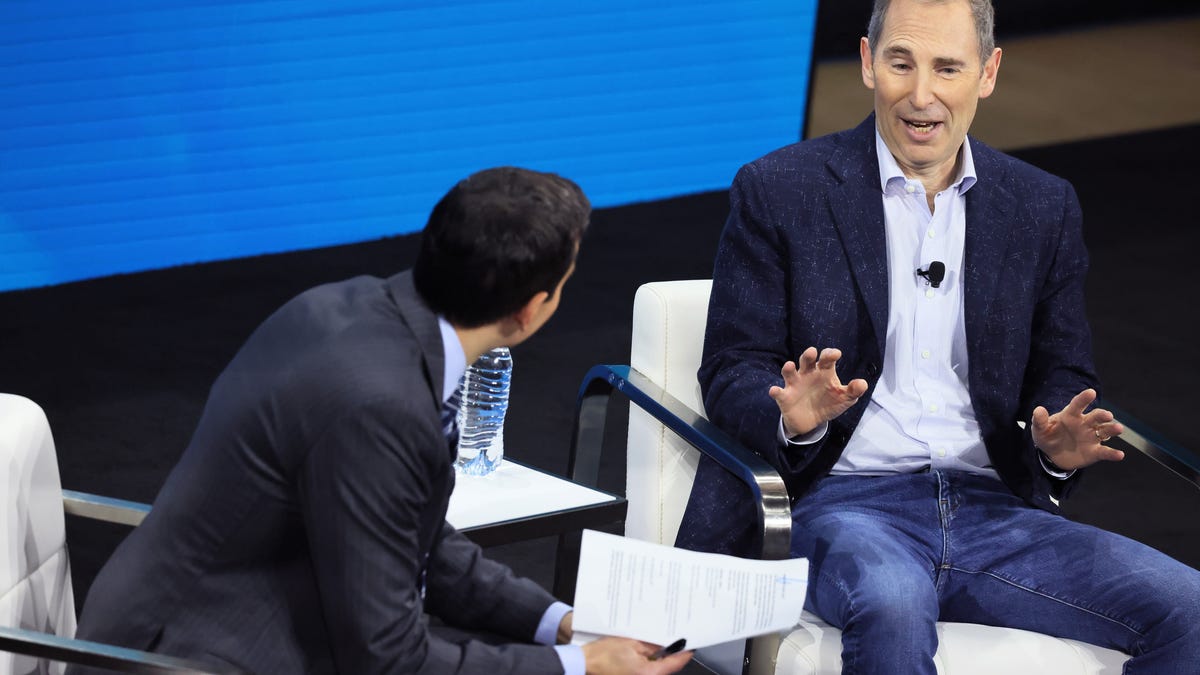Amazon CEO’s Violation of Labor Laws
Recently, Amazon CEO Andy Jassy found himself in hot water as a National Labor Relations Board (NLRB) judge ruled that his comments regarding his employees’ efforts to unionize in 2022 violated federal labor laws. The judge, Brian Gee, noted that Jassy’s remarks, made to various media outlets, constituted a threat to employees considering unionization.
Jassy’s comments, made to CNBC, The New York Times, and Bloomberg, suggested that Amazon workers’ decision to unionize would negatively impact the workplace culture and lead to decreased efficiency. In response to the ruling, an Amazon spokesperson expressed the company’s intention to appeal, emphasizing the importance of free speech rights and the need for open dialogue on the issue.
Critical Assessment of Jassy’s Comments
Upon examination of Jassy’s statements, it becomes clear that his perspective on unionization is rooted in concerns about bureaucratic processes and the potential hindrance to direct relationships between employees and managers. In April 2022, during an interview with CNBC’s Andrew Sorkin, Jassy highlighted the empowerment of Amazon employees and the ability to effect change swiftly without the constraints of a union.
“You know, first of all, of course, it’s … employees’ choice whether or not they want to join a union. We happen to think they’re better off not doing so for a couple of reasons at least. You know, first, at a place like Amazon that empowers employees, if they see something they can do better for customers or for themselves, they can go meet in a room, decide how [to] change it and change it. That type of empowerment doesn’t happen when you have unions. It’s much more bureaucratic, it’s much slower. I also think people are better off having direct connections with their managers. You know, you think about work differently. You have relationships that are different. We get to hear from a lot of people as opposed to it all being filtered through one voice.”
Subsequently, in June, during the Bloomberg Technology Summit, Jassy reiterated his stance on the detrimental effects of unionization on the fluidity and efficiency of operations within the company. He underscored the importance of direct communication with managers and the ability to implement changes swiftly without the bureaucratic hurdles imposed by unions.
“Well I, you know, I think that—and the first thing to [be] clear about is that employees get to make that choice whether they want to have a union or not. They always have had that choice and it continues to be their choice and, you know, we happen to think they’re better off without a union for a number of reasons, including the fact that, you know, it’s, it’s much harder when you have a union to have a direct relationship with your manager and to get things done quickly. So if you see something on the line that you think could be better for your team or your customers, you can’t just go to your manager and say, ‘Let’s change it.’ So, you know there’s a whole process and bureaucracy which you have to go through to be able to do that. You know, and we get—you know, when there’s a union, we’re gonna get the feedback filtered by what the union decides is worth bringing up but we’d much rather hear from every employee whatever is on their mind.”
Finally, in November, during The New York Times DealBook Summit, Jassy reiterated his belief that Amazon employees are better off without a union, emphasizing the freedom and empowerment afforded by direct relationships with managers and the ability to initiate positive changes without intermediaries.
“. . . And what we tell our employees in our fulfillment centers is that we think they’re better off without a union for a few reasons. One is we try to hire people who we empower, if they find ways that they can make the experience better for customers or their fellow teammates, they can just go fix it. You know, they, they don’t have to go through a union. It’s not bureaucratic, it’s not slow, it’s not a whole pro. . . . They can just go fix that. We think that that’s pretty empowering and a great way to work. And I think it’s nice to be able to have a direct relationship with your manager. We like to hear from all our employees as opposed to having it filtered through one or two voices. . . .”
Despite Jassy’s emphasis on employee empowerment and efficiency, the NLRB’s ruling raises concerns about the boundaries of free speech in the context of labor relations. The ongoing debate surrounding unionization at Amazon underscores the complexities of balancing managerial authority with employee rights and organizational transparency.
Image/Photo credit: source url





